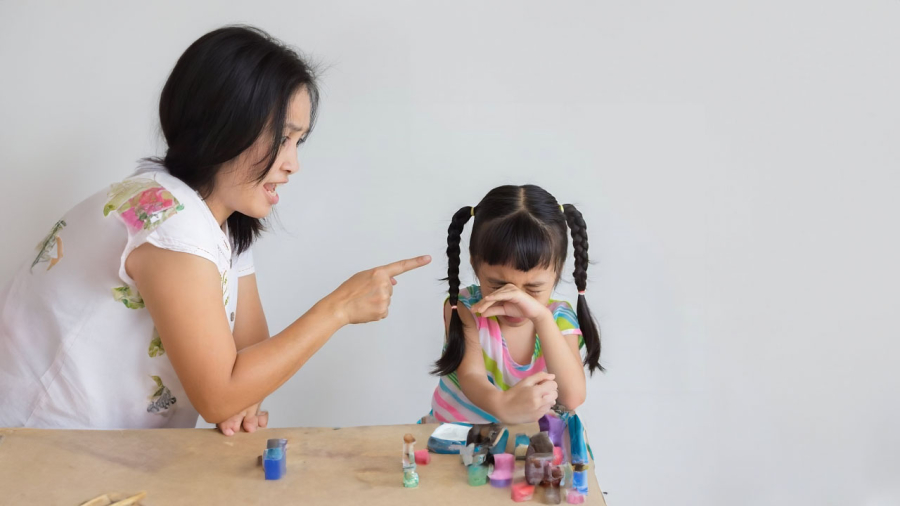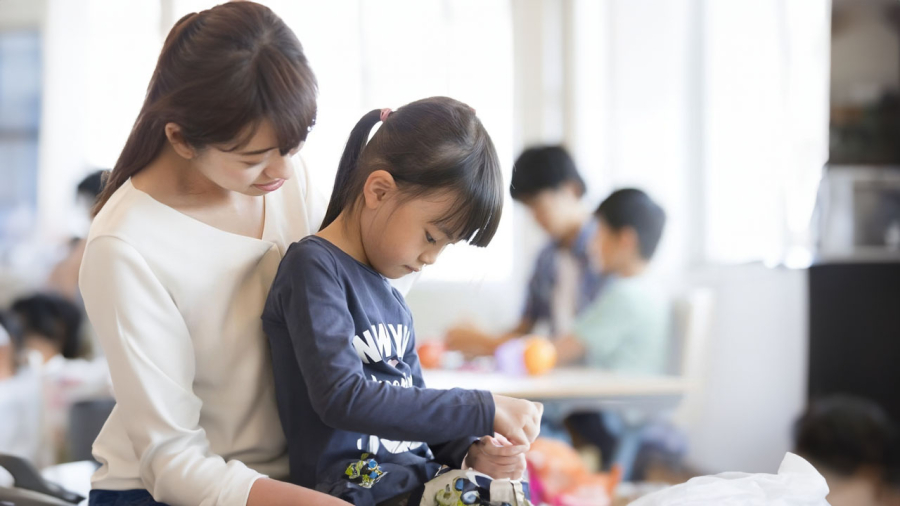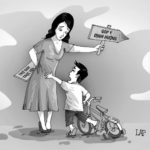Being a parent is not just about providing for your child’s basic needs, such as food, sleep, and education. It also involves working on your own personal growth. This is why while learning to be a parent, we also need to learn self-restraint, as there are many situations that can make us frustrated and upset. Therefore, raising a child without ever yelling at them can be challenging, but there are certain things that parents need to practice in order to avoid saying hurtful things that can cause long-term damage to a child. Here are 5 phrases that parents should avoid saying, as they can stick with a child for a long time and cause significant harm:

You’re not good enough
This is a phrase that many parents express when they are disappointed in their child. However, it is an extremely devastating thing to say to a child. It can shape the child’s perception that they cannot do anything, that they are not successful, and that they are incapable of doing anything well. This can lead to the child being stressed, feeling insecure, and developing a low self-esteem, believing that they are incompetent and incapable of success. Many children have heard this phrase from their parents multiple times, and as a result, they no longer believe in themselves.
Instead of criticizing the child, it is better to explain to them what they did wrong and suggest possible solutions, allowing the child to choose how to handle the situation. You should not shield your child from their weaknesses, but you should also not completely invalidate them. Just as adults need encouragement, children need it even more.
Get out and never come back / Go see who will take care of you out there
When angry, we may say to our spouse, “Get out of here.” This is already extremely hurtful, but when we say this to a child, it becomes even more horrifying. They will feel as though they are not needed by their parents, that their home is not really their home, and that they are just a burden. They will feel unsafe in their own home, as if it is no longer theirs. The best thing to do is to go to another room to calm down and give the child time to calm down before engaging in conversation again, instead of chasing the child away. The way parents say this can actually drive the child out of the house, and some people may never find their child again.

I’m ashamed of you
When your child does something wrong, explain to them why it is wrong instead of berating them. Don’t suddenly blame them. The child will not understand what shame is, and they will feel a great sense of guilt. This phrase from parents can make the child more aggressive and obstinate in the future. Moreover, the way parents say this can cause the child to feel anxious.
I’m disappointed in you
There are many ways to express disappointment in a child. But don’t use a general phrase like this. Instead, explain to the child specifically why what they did was not right. The phrase “I’m disappointed in you” seems to cover everything and it can make the child anxious. This way of speaking can make the child feel isolated and unloved by their parents. This will cause the child to have thoughts of rebellion or become introverted, and may even lead to negative thinking.
In a loving relationship, you should only point out things that you believe are wrong and explain why they are wrong, and suggest alternative ways for the child to behave. But don’t let the child feel anxious and afraid because they don’t understand the reason why.
Look at your sister/brother, why are you so much worse
All comparisons bring about more harm than educational value. Many people compare their child to other children, thinking that this will make the child try harder. But in reality, it not only makes the child more tired and afraid, but it can also make them not want to socialize with others and even develop jealousy towards those friends. Don’t compare your child to others, just as you wouldn’t want your child to compare themselves to other parents.
Focus on your child and their own development and challenges, encourage them, and show them alternative ways to improve themselves.



































